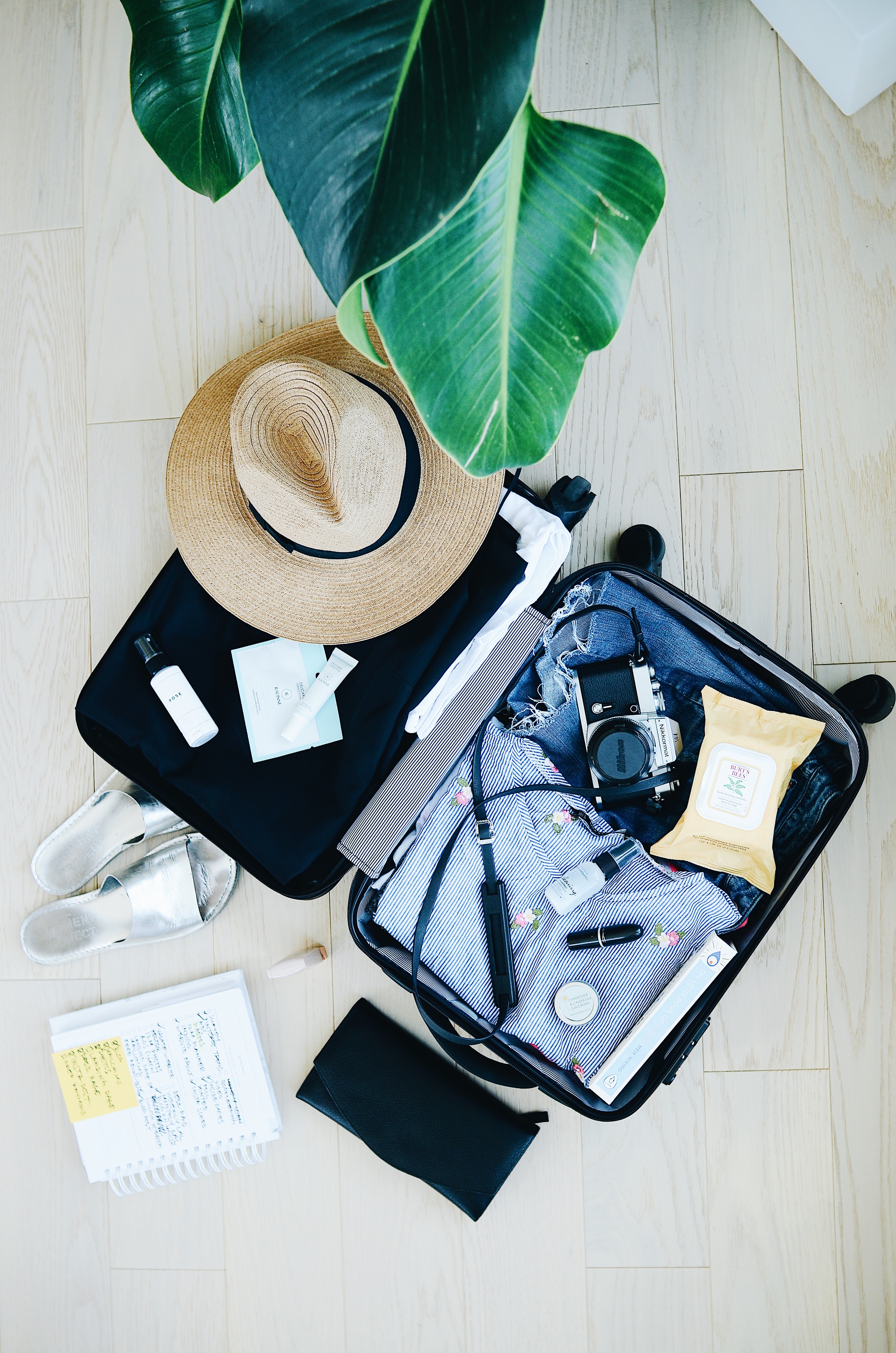
5 Ways to prepare yourself for your study abroad
When planning your study abroad trip some people say “You’ll figure it out when you get there”, but there a couple of things that you should take care of prior to your departure and if possible, long before. As a study abroad student myself, I have put together a short list of things for you to get prepared for your trip and your time abroad.
5. Booking flights at the right time.

Booking your flights is an important part of your journey and can easily turn into something stressful if you don’t book on time. For a lot of flights (mostly short-distance) around 7 weeks in advance is the best time to book cheap flights. However, if you are planning to travel long distances, for example UK to Malaga, then booking around 13 weeks in advance can often be considered. So, you always have to take the distance of your travel into account when booking your tickets. Flight ticket prices are known for changing quite frequently, but most of the time booking a little earlier can save you quite a bit of money.
4. Preparing your official documents, especially certified translations.

As a part of many study abroad applications, students will have to get your official documents sorted, which often means that you will have to send in your certified translations of your university documents as part of your application.
You have to be careful if your university says that they will also provide different languages for your documents, as some universities are working on providing translations of your courses, modules and classes in different languages, however, it can easily happen that your transcripts or certificates will not be fully translated, which you then have to get translated. So, be aware of this!
For universities that do not offer the service of providing you with your official documents in a different language, keep in mind that you will most likely have to take care of your certified translations yourself, but that’s why Dialexy is here to help you with your certified translations.
In addition, it is always good to update your CV and get it translated, in case you want to work during your stay abroad. Generally this translation does not have to be certified.
3. Getting in touch with your university abroad and asking them questions.

Contacting your university abroad is a very benefiting aspect that will help you a lot when you arrive at your new university. Mostly you can find the contact details of your teachers, tutors or advisors on the university website under your course description. When getting in touch with university advisors or teachers it is always helpful to make a list of questions that you want to ask, that way you can be sure that all of your questions have been answered.
To give you a guideline of questions that you could ask, I have prepared a short list of questions for you:
1. Do I have to provide certified translations of my university documents? (particularly into the language of the destination country)
2. Do I have to apply for a CAS number to get a study visa? (only applicable to students from outside of the EU going to the UK)
3. How much are the tuition fees?
4. Do I have to apply for accommodation?
5. When is the induction?
2. Explore the area where you are going to live.
![]()
When moving to a new country or new city, one of the first things to do is to get to know your new environment. There are various ways of having a closer look at what your new home has to offer. The easiest way to have a look around is with GoogleMaps. GoogleMaps will give you an overview of things to do in your new city or village. Not only can you see what is around, but more importantly how far shops, GP’s, restaurants, clubs and more are away from your new home. If you have already had a look at what’s around, you might want to find out what people have recommended and reviewed in the past, in which case, TripAdvisor is your go-to for traveller reviews, ranging from cheap places to eat to award-winning beaches. The site will also help you out if you need some inspiration on things to do in and around your city which can spice up your stay abroad and make it more exciting.
If you are more of an independent explorer, you can always get a hold of maps of your city or village and go to explore places on your own instead of doing what you have read from other people.
1. Be open to meeting new people. They will make your life (abroad) a lot easier and more exciting.

So, this is probably my top personal advice for everybody who is going abroad. Experiencing things together is just a lot more exciting and fun!
I know there are many “to-be” study abroad students who do not really plan on meeting a lot of new people, unless they have to. But I want to emphasise that if you really want to have a great time during your stay abroad, meeting new people and making new friends, even though it may seem difficult at first, is the best way of getting the most out of your experience. I have met many people throughout my study abroad program who said they did not want to meet any new people, but in the end it turned out that they were spending more time with new people than with people they already knew.
So, don’t be shy, just try talking to some new people :)
PS: When making new friends abroad you will most likely have a place to stay at a friend’s place when you are traveling in the future. That’s definitely a big plus!




